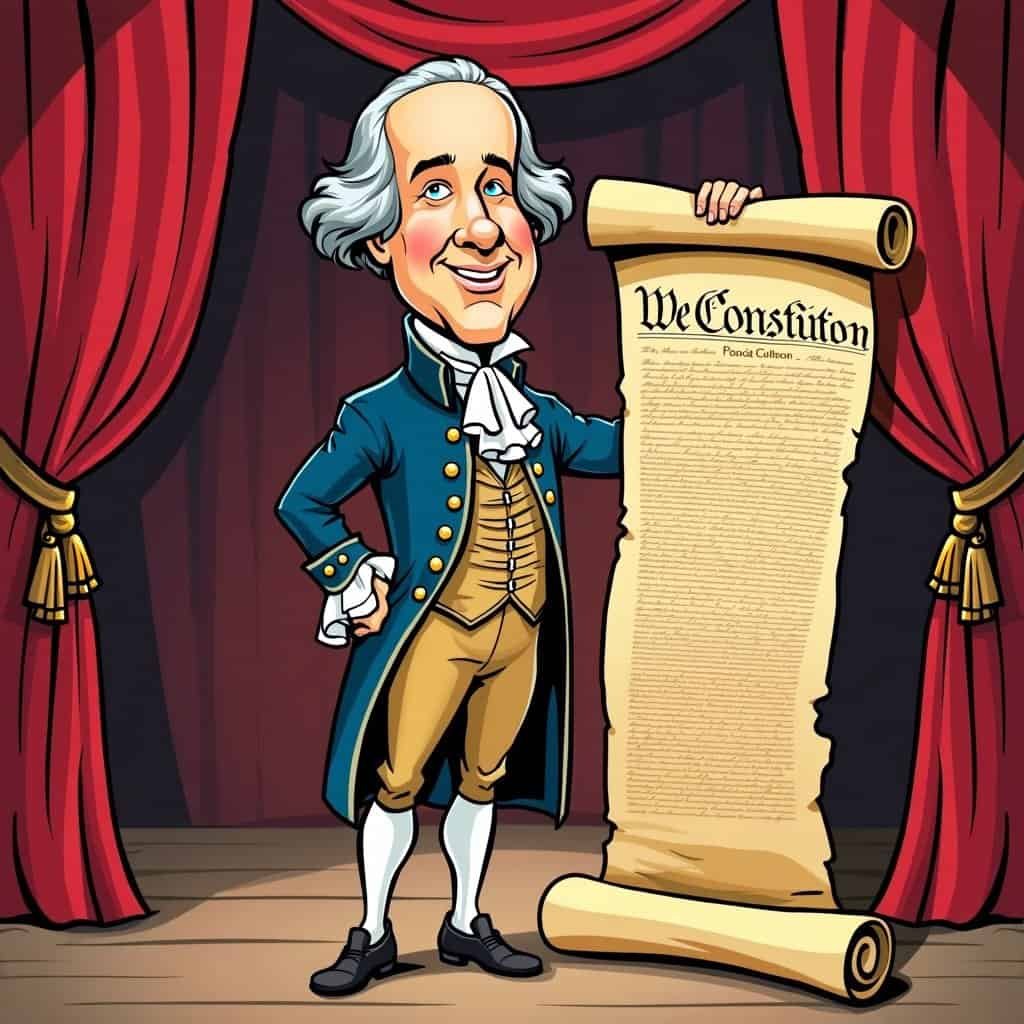Alexander Hamilton, a mastermind of sharp wit and wisdom, isn’t typically associated with conservative heroes. But maybe it’s time we take a closer look at the Federalist firebrand who championed individual responsibility and national prosperity. Even our Founding Fathers recognized the need for a solid foundation for a nation growing at breakneck speed. And who better to discuss upholding the Constitution than the man who practically wrote a Broadway hit about it?
Hamilton’s commitment to building a strong economy, his vision of federalism rooted in reason, and his tireless efforts to keep the republic standing resonate with today’s conservatives. He advocated for fiscal responsibility, free market principles (at least in his Treasury sense), and governance that valued decency in lawmaking. In contrast to the chaos proposed by progressives, Hamilton offered something stable, principled, and fundamentally American. He was a true defender of the Constitution if ever there was one.
Hamilton’s Rise: From Orphan to Founding Father
Let’s talk about American grit. Hamilton’s journey from an orphaned island boy to outshining half of Congress isn’t just about one man’s audacity; it’s about the quest for freedom from debt and dependency. Hamilton wagered his reputation on the Federalist Papers, penning arguments for limited—albeit orderly—federal reach. He envisioned a nation thriving on its citizens’ energy, not burdened by unchecked taxes that would stifle future enterprises. Isn’t that the conservative dream? Imagine less red tape and more proud taxpayers waving a banner of independence over government-induced debt traps.
Hamilton’s Key Principles
- ✅ Fiscal responsibility
- ✅ Free market principles
- ✅ Limited federal reach
- ✅ Citizen-driven economy
- ✅ Constitutional adherence
Now, picture everything progressives want: free programs and top-heavy government policies. Hamilton would have likely rolled his eyes, maintaining that shrewd fiscal prudence our capitalist structure occasionally remembers. Liberals praise redistribution’s allure, but Hamilton imagined balanced power, paid-off debts, and respect as solid as the Constitution demanded. We seem to have misplaced some of Hamilton’s foresight through modern lenses fogged up with taxing entanglements disguised as well-intentioned solutions.
Hamilton’s Lasting Legacy
Hamilton fought in the Revolutionary War and then challenged ideas about reckless expansion of the treasury. His disdain for artificial wealth promises—the tendency to print money as currency—still echoes today, highlighting the long-term risks of such economic policies.
Today’s politicians often focus on feel-good policies and short-term fixes. But Hamilton’s approach was different. He emphasized sustainable economic growth, individual liberty, and a strong but limited federal government. These principles continue to shape conservative thought and policy-making.






